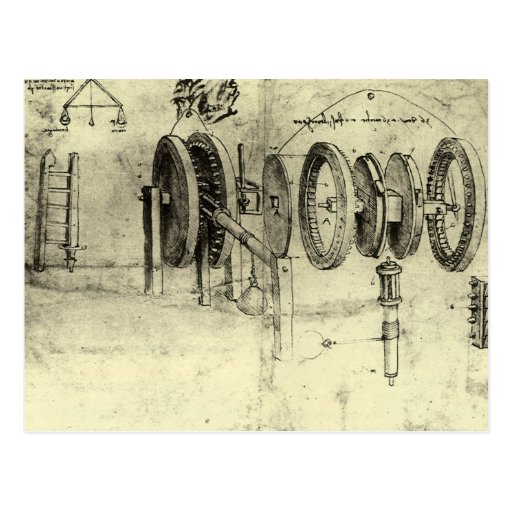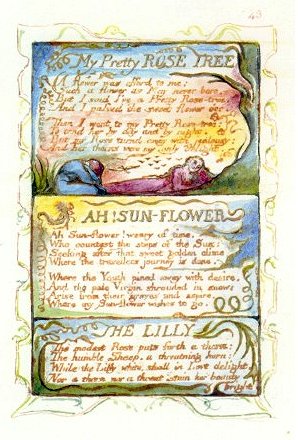I wish I was a goose, a Canada-goose. They fly overhead in the dusklight beyond the window. What would I not give to join them? To not be as I am; to not be this; to not be thus. In despair, wishing to be other than oneself. I wish to be a goose, though I am not a goose. In despair, wishing to be oneself. I wish to be a goose, as I believe to be a goose would be for me to be more authentically myself than I am as a human.
Anxiety gnaws at me from the marrow to the skin and from the skin to the marrow; it consumes me inside-out and outside-in.
I wish I was a goose.
I feel so anchorless, so insecure. Perhaps this is why I wish to fly: because I am falling, free-falling, endlessly falling, and if I could fly, then I would no longer fall. Even if there were no more land in sight than there ever was, I would no longer fall. To fly is to be anchored without the need of a port.
More than this, though: to fly is to escape. Every night I go to sleep begging the world to let me wake up outside of it. Let me wake in another place, a place where I feel more hope of finding my home. I am homesick in this world. So very, very homesick. I am as Tolkien's "man," so described in the Silmarillion, who is always looking beyond the world for the place that he truly belongs.
I want to love my fellow man, but I find it so hard to relate to him. I talk to him--oh so many words do I exchange with him--yet he remains eternally alien to me. The bark of trees is less foreign, the sting of the mosquito, the scent of geraniums, the plink of rain on the river. I stood on the path leading to the library today and disentangled the singings of starlings in the trees, a raucous polyphony, every beak braying a different tune--sweetly and knottily discordant and beautiful--and this confusion, even this, was less confusing than the simplest "hello" from my neighbor.
What am I doing here? Where is my answer? What am I doing here?
It is not enough to say: "Eat, Drink, and be Merry." It is not enough to advocate an indulgence in animal pleasures. Perhaps some can find inherent pleasure in the satisfactions of the body, but I am at a loss. I do not. I cannot. There is that within me that seeks desperately for that which is beyond me. Home. I want to go home. The neuroscientists do not understand. The behaviorists do not. The psychologists do not. We are at odds with one another, they and I. I have lost faith in their answers, answers that once seemed so adequate. When I was younger, I looked at the scholars and thought them too credulous. Then something happened. I broke. I lost my faith. And now I look at the scholars and think them too incredulous. There are more ways than one to lose one's faith. I need to go home.
What am I doing here? If I could just answer that question. What am I doing here? Why am I a girl not a goose? Why do I feel homesick? Why does anxiety eat at me from the inside-out and the outside-in? Why do I crave the scent of geraniums and the plinking of rain on the river? Why do I despair? Why do I hope?
I miss muskrats and beavers and phoebes and king woodpeckers. I miss trilliums and chipmunks and ducklings. I miss thunderstorms sending frogs to the porch, and turtles laying their eggs in the sand. I miss robin chicks taking their first leaps of faith. Nor is it only some sentimentalized idyll I yearn for when I speak of missing these things. I miss the awe that attends them as much as I miss the comfort. The wilds are righting influences to me, and to be a gardener seems the rightest of vocations: to try to organize the wilderness without effacing it; to marry order and chaos; to live on the threshold of tranquility and trembling. I am never more avidly unnerved than when in the country, and I am never more blissfully content. Oh to be on the river! To be alone, paddling at an unconstrained amble, every sense aesthetically overindulged. Sunlight and river-ripples. Oh beautiful world! Now I remember you!
I must find a way to get back to the country. If I have any home on this Earth, surely that is where I will find it. Do I not remember? I was a child of the country; I spent all my days out of doors, roaming through farmlands and meadows and woods; my chief delight was to go tramping the scraggy Northern highlands with my foremost, four-footed friend (my dear Mitsi) never more than a whistle-distant from my side, marveling over Burnett moths on thistle blooms or catkins on pussy-willows, sucking the sweet stalks of unscabbarded grass-blades, inventing numberless stories to be mumbled seriously beneath my breath. Do I not remember? When we moved to the suburbs, did I not still find every occasion to abscond to the rivers and meadows, or to the unpeopled shoreline, where I could continue inventing my stories with no soul looking on? And even when I was not thus absconding, did I not spend my time in my room painting pictures of what I wished for my future, and were not the pictures all of the country? Throughout my life, as an undying refrain, has the country not called to me, beckoned me? When I beg the world nightly to let me wake up beyond it, do I not always imagine the waking up to be waking up in the splendor of nature? Never in a room, never amid people; always on a riverbank, or in an umbraged glade, or on lichen-sheeted sheet-rock where the ocean laps the land.
Oh goose. Little goose. Is this why I wish for goose-feathers? Simply to fly back to the place where I can again be a girl? Do I desire to have wings to reach the place where I'll be content to have arms? Do I yearn to be of the air only to find a true home on the land?



